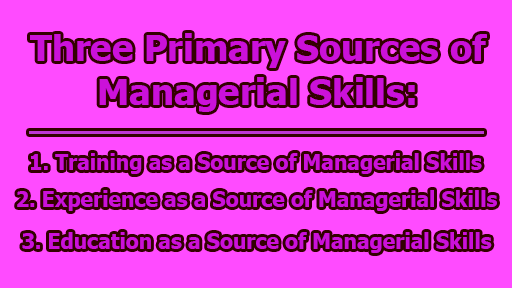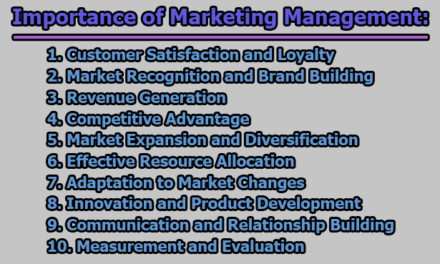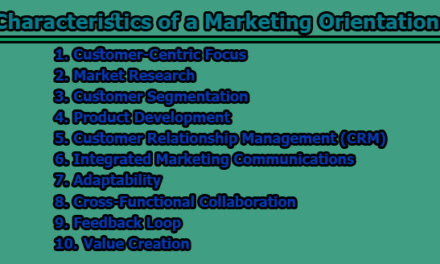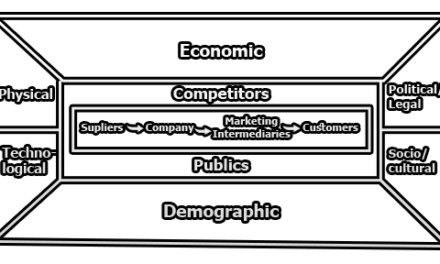Three Primary Sources of Managerial Skills:
Managerial skills are essential for effective leadership and decision-making within organizations. They encompass a range of abilities that enable individuals to plan, organize, lead, and control activities to achieve organizational goals. These skills are not inherent; they need to be cultivated and developed over time through various sources. In this article, we delve into three primary sources of managerial skills: Training, Experience, and Education.
1. Training as a Source of Managerial Skills: Training plays a pivotal role in the development of managerial skills. It involves structured programs designed to enhance an individual’s knowledge, abilities, and competencies. These programs are specifically tailored to the needs of the organization and the individual. Here’s how training contributes to the acquisition of managerial skills:
a) Skill Enhancement: Training programs focus on building specific skills required for effective management. These skills include communication, problem-solving, decision-making, conflict resolution, and leadership. Through targeted training, individuals learn practical techniques to apply in real-world situations.
b) Adaptation to Change: In today’s dynamic business environment, change is constant. Training equips managers with the ability to adapt to new technologies, market trends, and industry standards. It keeps them up-to-date with the latest advancements, ensuring their skills remain relevant.
c) Cross-Functional Expertise: Managers often need to collaborate with diverse teams and departments. Training provides insights into different areas of the organization, promoting cross-functional understanding. This knowledge enables managers to make informed decisions that benefit the entire organization.
d) Confidence Building: Adequate training instills confidence in managers, enabling them to tackle challenges and make critical decisions. As they become proficient in their skills, their self-assurance grows, positively impacting their leadership capabilities.
e) Problem-Solving: Training scenarios simulate real-world challenges, allowing managers to practice problem-solving techniques in a controlled environment. This helps refine their analytical skills and equips them to handle complex issues effectively.
2. Experience as a Source of Managerial Skills: Experience is a powerful teacher in the realm of managerial skills. It provides lessons that go beyond theoretical knowledge and textbooks. Through hands-on involvement in various situations, managers learn to apply their skills in practical ways. Here’s how experience contributes to the development of managerial skills:
a) Real-World Application: Experience enables managers to put theoretical knowledge into practice. It teaches them the nuances of applying management principles in actual organizational settings.
b) Decision-Making: Experience exposes managers to a multitude of decision-making scenarios. The outcomes of these decisions serve as valuable learning opportunities, helping managers refine their judgment and decision-making skills.
c) Leadership Development: Leading a team involves more than theoretical leadership concepts. Experience allows managers to learn about team dynamics, communication challenges, and motivational techniques firsthand.
d) Adaptability: Experience exposes managers to unexpected challenges and uncertainties. Dealing with these situations cultivates adaptability and resilience, vital traits for effective leadership.
e) Conflict Resolution: Managing conflicts is an essential managerial skill. Experience provides managers with opportunities to handle disagreements, misunderstandings, and disputes, teaching them how to mediate effectively.
3. Education as a Source of Managerial Skills: Education forms the foundation for managerial skills. Formal education, such as college and university studies, imparts theoretical knowledge and exposes individuals to management concepts. Here’s how education contributes to the development of managerial skills:
a) Theoretical Understanding: Educational institutions provide in-depth knowledge of management theories, frameworks, and best practices. This theoretical foundation equips individuals with a comprehensive understanding of the subject.
b) Conceptual Clarity: Education helps individuals grasp complex concepts related to management, such as strategic planning, organizational behavior, and financial management. This clarity aids in making informed decisions.
c) Research Skills: Educational programs often encourage research and analysis. Engaging in research projects enhances individuals’ abilities to gather, analyze, and interpret information—a crucial skill for effective management.
d) Networking: Educational settings foster interactions with peers, professors, and professionals. These connections offer opportunities to learn from other’s experiences, share insights, and gain diverse perspectives.
e) Continuous Learning: Education instills the value of lifelong learning. As management practices evolve, educated individuals are more likely to engage in ongoing education to stay current and adapt to changing trends.
From the above discussion, we can say that managerial skills are indispensable for successful leadership within organizations. They empower individuals to navigate complex challenges, drive growth, and achieve objectives. The development of these skills is a multi-faceted process, drawing from sources such as training, experience, and education. Training programs enhance specific competencies, experience provides practical insights and decision-making abilities, and education offers theoretical knowledge and a foundation for lifelong learning.
In a rapidly evolving business landscape, a holistic approach that combines these sources ensures that managers are well-equipped to lead effectively, regardless of the challenges they encounter. As organizations continue to evolve, the cultivation of managerial skills remains a fundamental endeavor, contributing to both individual success and the overall prosperity of the organization.

Library Lecturer at Nurul Amin Degree College










